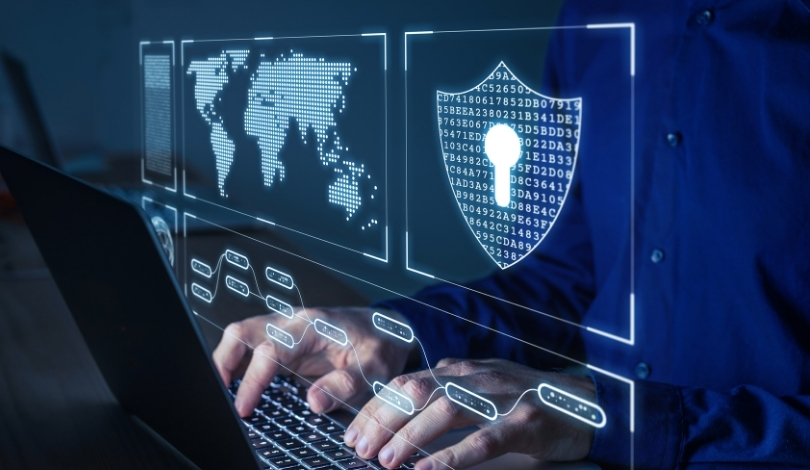Questions are swirling in European sports and tech circles after Daniil Kasatkin, a professional Russian basketball player with ties to Penn State, was detained in France at the request of U.S. authorities. His arrest brings renewed scrutiny to the intersection of international law enforcement and cybercrime investigations, especially when public figures are involved. Kasatkin, who recently played for Moscow’s MBA-MBAI and formerly appeared in NCAA basketball, has become the latest figure to be embroiled in global investigations targeting alleged ransomware operations.
While this arrest echoes previous cases of alleged hackers being detained for extradition at the U.S.’s request, available government statements on Kasatkin remain limited. Reports of his connection to a ransomware group remain largely based on law enforcement claims, without prior public links between professional athletes and such cyber operations in past news coverage. Other recent extraditions, such as those related to the Microsoft Exchange Server hacks, involved individuals tied to known threat groups, suggesting authorities are broadening their nets to include suspects from less-expected backgrounds. No formal links to specific hacking collectives like REvil or Conti have been publicly established in relation to Kasatkin.
Alleged Ransomware Involvement Draws International Attention
Authorities allege that Kasatkin engaged in negotiations for ransomware payments and was affiliated with a cyber group believed to have attacked approximately 900 targets between 2020 and 2022. The scope of the alleged crimes reportedly spans two U.S. federal agencies among various institutions, suggesting efforts to disrupt critical sectors. The arrest occurred when Kasatkin landed at Paris Charles de Gaulle Airport on June 21, accompanied by his fiancée, marking the start of extradition proceedings and a period of detention in France pending further legal action.
Defense Emphasizes Kasatkin’s Claimed Innocence
Legal representatives for Kasatkin have pushed back strongly against the allegations. Kasatkin’s attorney asserted that his client lacks computer expertise and obtained his device secondhand, suggesting he was inadvertently implicated.
“He’s useless with computers. He can’t even install an app. He didn’t touch anything on this computer,”
the lawyer said, highlighting Kasatkin’s shock at the charges and his unfamiliarity with the technical skills required for such crimes. The attorney further claimed external circumstances, such as the device’s possible manipulation prior to acquisition, could explain any digital evidence linking Kasatkin to illegal activities.
Basketball Career Takes Backseat During Legal Proceedings?
Kasatkin’s professional trajectory has been overshadowed by these legal issues. His former team, MBA-MBAI, which recently made public his departure after a four-year stint, had seen him as a notable contributor, averaging 6 points last season. His earlier period at Penn State was brief, with only minimal playtime and low statistics for the Nittany Lions during the 2018-2019 season. The lack of previous controversy or legal trouble in his athletic career stands in sharp contrast to the current allegations.
Concerns about Kasatkin’s well-being have surfaced, with reports describing his discomfort and health issues during incarceration, especially in relation to geopolitical tensions involving Russian nationals abroad. His legal team has expressed fears for his safety, citing broader issues stemming from the Russia-Ukraine conflict as factors affecting his detention experience. The U.S. Justice Department has not issued a public statement in response to media inquiries at this time.
Arrests like Kasatkin’s highlight the complexity of international cybercrime investigations, which often intersect with broader political and legal contexts. Public attention is intensified when suspects have public profiles outside cybersecurity, such as in sports or business. It remains critical for legal processes to rely on clear, evidence-based findings, especially given the technical barriers facing those without relevant expertise. Suspects facing extradition may encounter legal systems and detention conditions very different from those in their home countries, complicating both their defense and personal welfare. Anyone traveling internationally should remain aware of both local laws and potential cross-border legal claims that could impact their rights and liberties.
- French police arrested Daniil Kasatkin at the U.S. government’s request in June.
- Authorities allege his involvement in ransomware negotiations, which his lawyer denies.
- Kasatkin’s sports career has been overshadowed by these unresolved legal complications.










